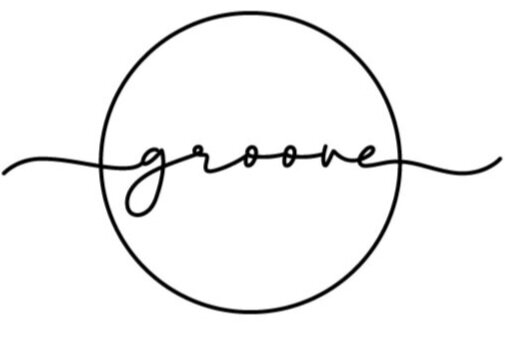Sean
I’m a guitarist, singer, and producer. I started learning how to play guitar and piano when I was around 10 or 11 years old and I just kept playing and tried to push myself to take it to the next level, which turned into getting a degree in Classical Guitar from Chapman University.
For me, there are two different ways I can groove. One is just completely spontaneous: grab an instrument and see what happens. And if that’s the case, I can’t be under any time pressure. I can’t sit down and say that I’m going to write a song. I have to sit down and not expect anything to happen, and just start playing. The more expectations you put on yourself, the worse it gets. That’s the first kind of grooving for me: the unique, creative, improvisational kind. The other kind is the development. That’s where you take the improv idea, if you record it or have the chords in your head you can think about, and you just refine it. If you get into a groove with refining your improv, it’s pretty easy as long as you have a goal. And the goal being: 'I want to make this into the best thing it can be.'
Part of me wanted to go forward in my classical guitar career. I do stuff like arrangements, taking a song written for a band and turning all the parts of the band to be played by one instrument by one person. The realization hit me that it’s hard to groove in classical guitar because it’s hard to find the right audience that will groove with you. In their mind, it’s like you’re playing a dead art form. And to show them that it’s not really a dead art form, you have to bring it into the now.
What I’ve done recently is taken all of my knowledge in classical guitar and composition, intricate details in what makes a song or piece of music what it is, and applying that to a more pop music, electronic kind of direction. That’s what I’ve been doing under the name Kingboy.
There are levels to a song or piece of music. The inner layer that really makes it what it is has the chord progressions, the key changes, the tempo changes, the unique things you do with your rhythm, and how you spread it out amongst a song. And if people don’t hear that kind of stuff, you can’t blame them. But at the same time, when you put a lot of work into something, into unique details, and people don’t understand it, it can be really hard to keep yourself moving and pushing yourself in that direction.
So the challenge is to keep your own style, what makes you and your music what it is, but to try to say it in a language that people nowadays are going to understand. I’m constantly listening to new music and bands and trying to figure out the new directions. I’ve found that the things that make me a great musician and make people appreciate what I do, seem to be more in the details, in the background. So, I need to change my first impression, but keep the meat of it. It’s about finding a good balance so the listener can understand and appreciate what you’re doing, but then also pushing the realms of it.
It’s hard to not have music be part of who I am as a person, even how it applies to my personality or the way I present myself on a daily basis. It’s all interconnected because this is what I want to do: I want to be a musician, in some way. Now, I’m taking the pop music, electronic producer/singer approach, but it might turn out that my greatest strength is as a guitar teacher, or composing for movies or something.
A huge part, to me, is being genuine. I want music that people like, and they like it because it’s still me. I want to be myself in a way that people can appreciate. I’m a monster for feedback. I’m eventually going to be playing these songs for people that are going to be judging me, so I might as well play them for people whose opinions I trust, and have them judge me beforehand to create a better song or conglomeration of musical ideas. I don’t get discouraged by comments because they’re just so helpful. There’s so much stuff I couldn’t think of on my own.
Everybody has to think about something the same way I think about music, in the details that I think about music. Whatever your profession is or whatever thing that drives your life, you get to the point where you think about it in the smallest details, and you think nobody will ever care about it to this detail. But, you do. And that’s what makes it your craft.
People can support you, kind of hold you up and give you a shot, but the number one reason so many bands don’t make it is because they don’t try. Maybe it wasn’t meant to be, but you can tell when a band is really going to happen, because they have the work ethic and they have the skill. You have to have the most momentum in what you’re doing.



